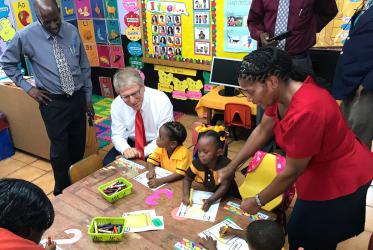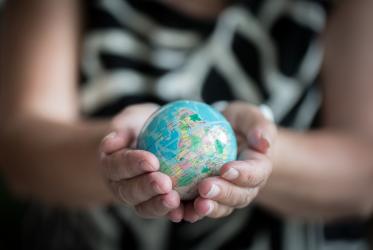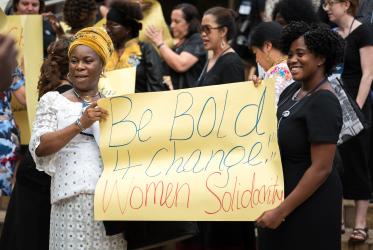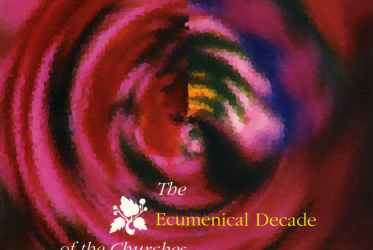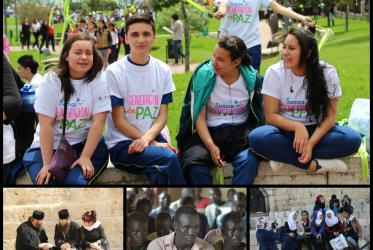Jamaïque
Jamaica was inhabited by Arawak Indians prior to the arrival of Columbus in 1494. It was first colonized by the Spanish. The British conquered the island in 1655, and turned Jamaica into the most important of their Caribbean slaving colonies, with large plantations owned by absentee landlords. After the abolition of slavery in 1834, Jamaica became relatively prosperous under colonial rule until the early 20th century when the economy went into decline. Since 1962, Jamaica is an independent country within the British Commonwealth with a parliamentary democracy. The economy is mostly based on services, primarily tourism, and bauxite/aluminium, and to a lesser degree on agriculture and manufacturing. Unemployment and crime are major social problems. Christianity in Jamaica dates back to the Spanish colonization, but the Catholic Church was prohibited by the British until 1837. Protestant missions have been very active, especially the Baptists, who played a key role in the abolition of slavery, and the Methodists and Presbyterians who made a significant contribution to education. The United Church in Jamaica and the Cayman Islands is one of the pioneering church unions in the ecumenical movement. The largest Pentecostal denomination is the New Testament Church of God, and Pentecostals represent about 25 percent of the Christians. The Jamaica Council of Churches is the ecumenical body, which includes the Catholic Church. The Jamaica Association of Evangelicals is associated with the WEA. The Rastafari movement, an Afro-Caribbean cult, which originated in Jamaica, teaches black pride and return to Africa; it attracts followers across the world.
